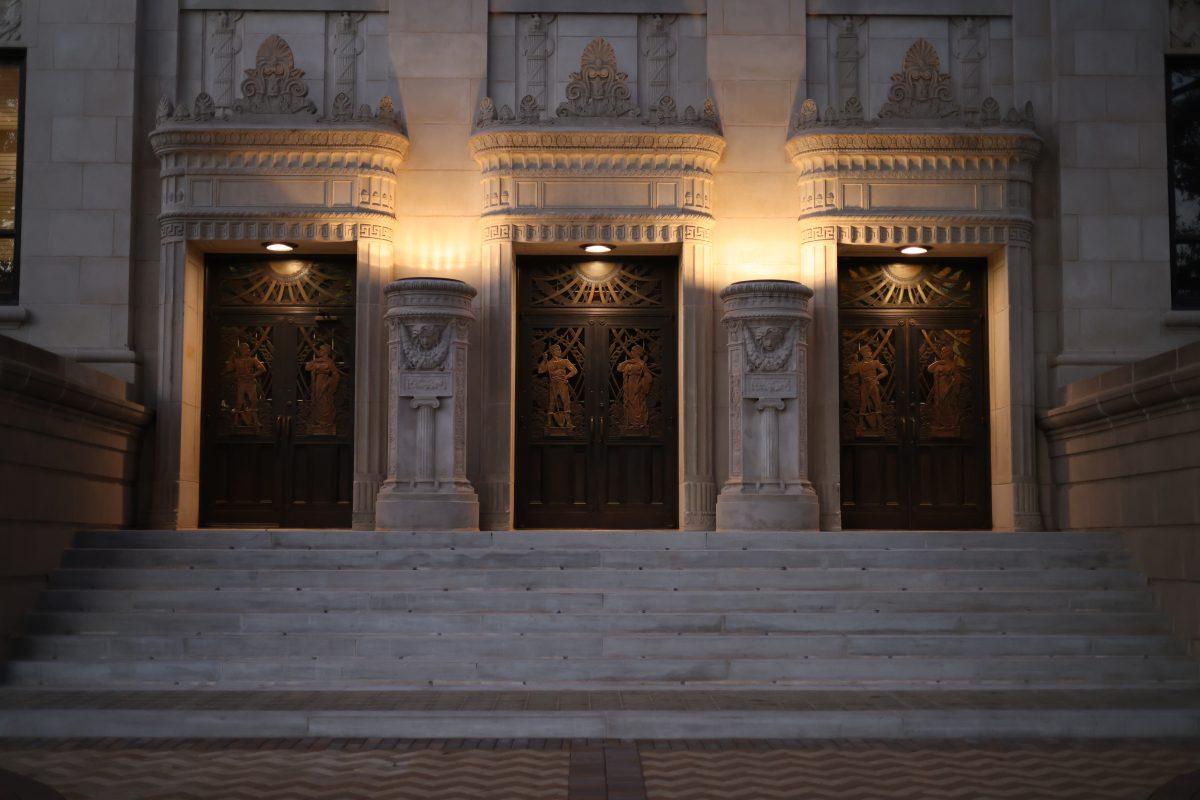With the 88th Texas Legislative Session in full swing, Lt. Gov. Dan Patrick has released the top 30 priorities the establishment will focus on. No. 16 and 18 focus on banning critical race theory, or CRT, in higher education and eliminating tenure in academic institutions. This comes in addition to a bill passed in 2021 that limited what K-12 public school teachers could include in their curriculums.
“I believe Texans support our priorities because they largely reflect the policies supported by the conservative majority of Texans,” Patrick said in an official statement. “We will pass over 600 bills this session. As I like to say, every bill is a priority to someone, otherwise, we would not pass it.”
These priorities are a continuation of the last legislative session, where Patrick announced a plan to combat what he views as ideas that “poison the minds of our next generation.”
“Universities across Texas are being taken over by tenured, leftist professors, and it is high time that more oversight is provided,” Patrick said during a press conference last year. “During the upcoming 88th Legislative Session, one of my priorities will be eliminating tenure at all public universities in Texas. To address already-tenured professors, we will change tenure reviews from every six years to annually. Additionally, we will define teaching critical race theory in statute as a cause for a tenured professor to be dismissed.”
Many have voiced their concerns about these changes and the impact they may have, such as Jon Bond, a political science professor at the Bush School of Government & Public Service.
“[Eliminating tenure] would completely undermine Texas’ ability to compete in the academic market,” Bond said. “Texas A&M would no longer be viewed as a legitimate academic institution. It would be very difficult for any department to hire a faculty member if we abolished tenure in Texas.”
Banning critical race theory and eliminating tenure are two separate issues that each threaten higher education in Texas in their own way, Bond said.
“It’s an academic theory that academicians use to put lots of information and explanations into a logical framework to present,” Bond said. “I suspect that Lt. Gov. Dan Patrick is concerned about the way we present the history of America and the tradition of slavery and the aftermath of slavery. He shouldn’t [interfere in university curriculums], and the First Amendment protects the rights of American citizens to speak and publish what they want. Any government law that prohibits professors from universities from expressing their views is probably unconstitutional.”
Tenure is meant to protect professors from political retribution for teaching or saying things that the government may disagree with. This was especially important during McCarthyism in the 1950s, where professors who taught Marx and similar ideas would lose their jobs, Bond said.
Banning CRT in universities also limits the free spread of ideas, said kinesiology junior Axel Cruz.
“I could kind of see an argument with lower [grade levels], but, university students my age, I don’t agree with [banning CRT],” Cruz said. “If we want to know more about how race affects everyday life or any sort of the more nuanced factors, we should be able to learn about that.”
While no bill has been filed in the Senate, Rep. Cody Harris, Class of 2006, filed House Bill 1607 late January. Instead of banning the theory outright, it proposes cutting all state funds to universities that teach theories and ideas pertaining to CRT, such as the idea that “slavery and racism are anything other than deviations from, betrayals of, or failures to live up to the authentic founding principles of the United States, which include liberty and equality.”
These bills would be a large reaction to something a majority of students will never encounter, said race, gender and ethnicity senior Anna Bonner.
“I think that is a poor choice,” Bonner said. “I had a professor last semester who talked about it, and she said it was something that we only learned in top, or higher-level classes. I don’t know why they’re so worried about it. I just don’t like the censoring and where Texas is heading with that.”
Both students agreed that the Texas government should not be getting involved in what universities teach, but Patrick’s power in the legislature is likely to trump any such opposition, Bond said.
“The lieutenant governor in Texas does have more power than lieutenant governors in other states because he presides over the senate,” Bond said. “He has real chair powers, and that’s an important power.”
Whether these bills are passed or not is up for question, however.
“Well, political scientists are notoriously bad at predicting, so I’m not going to predict,” Bond said. “So I’m just going to say it would be an enormous mistake to pass either one of those bills into law.”










